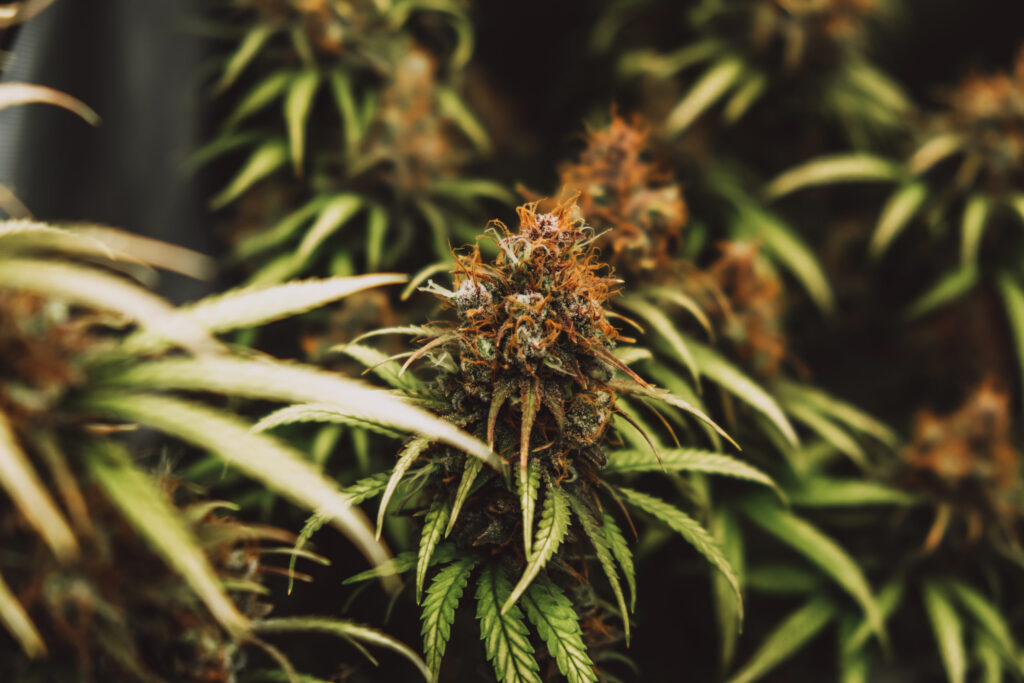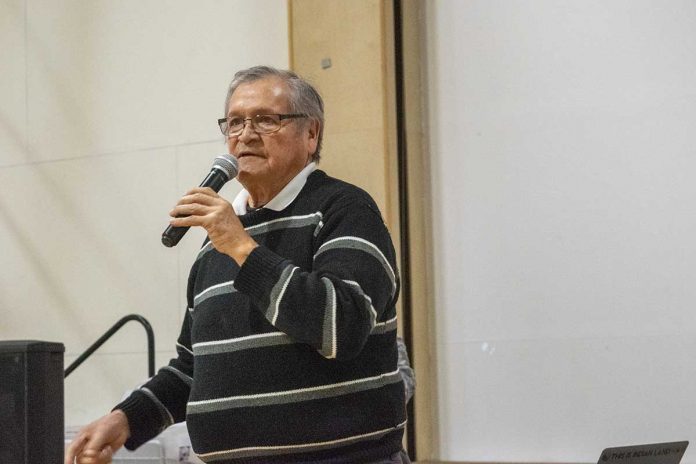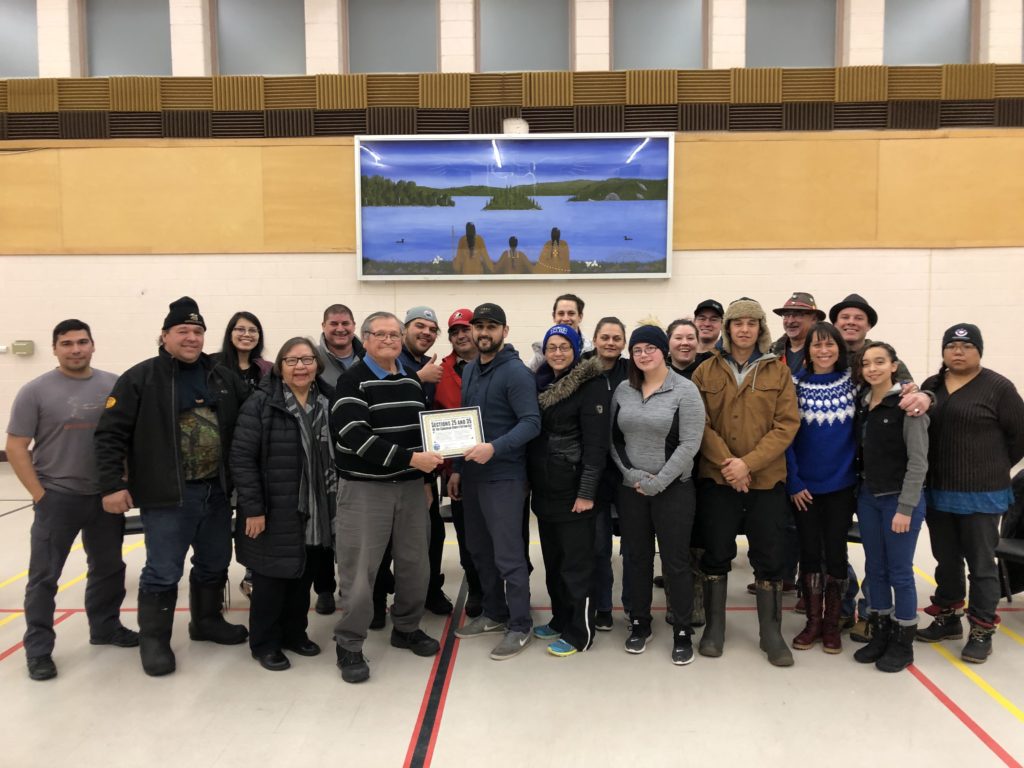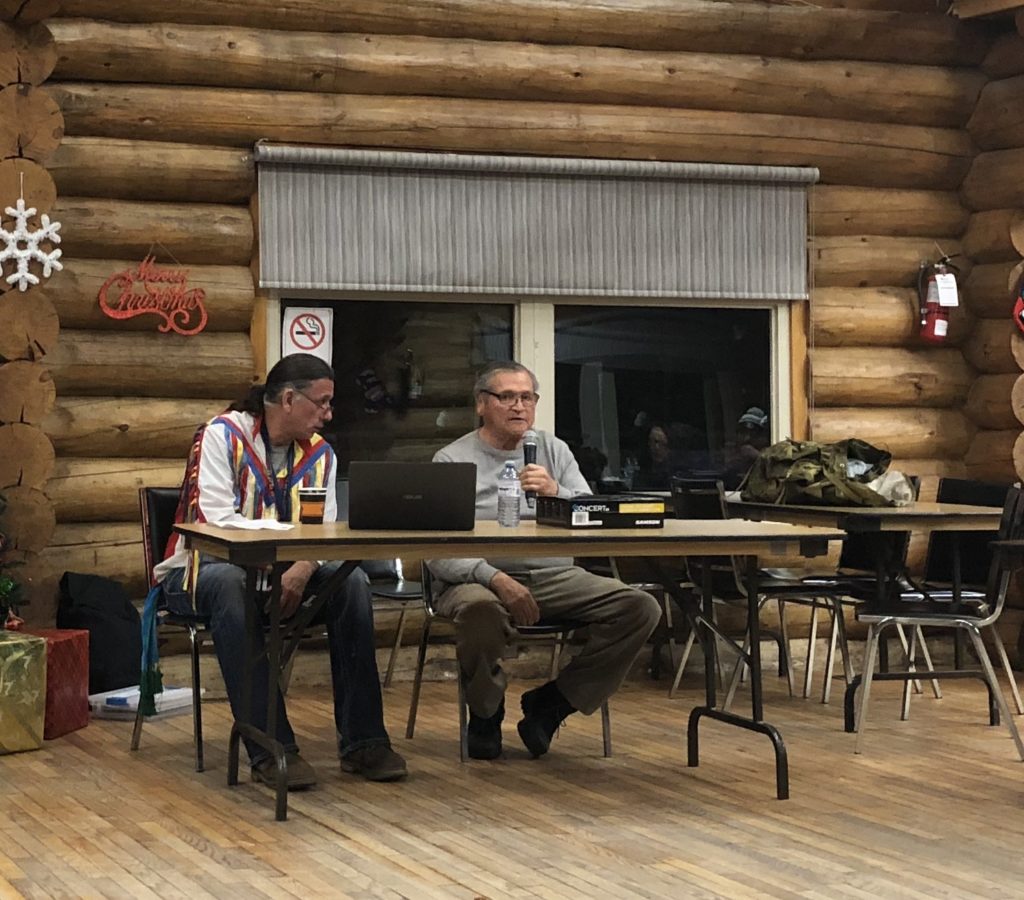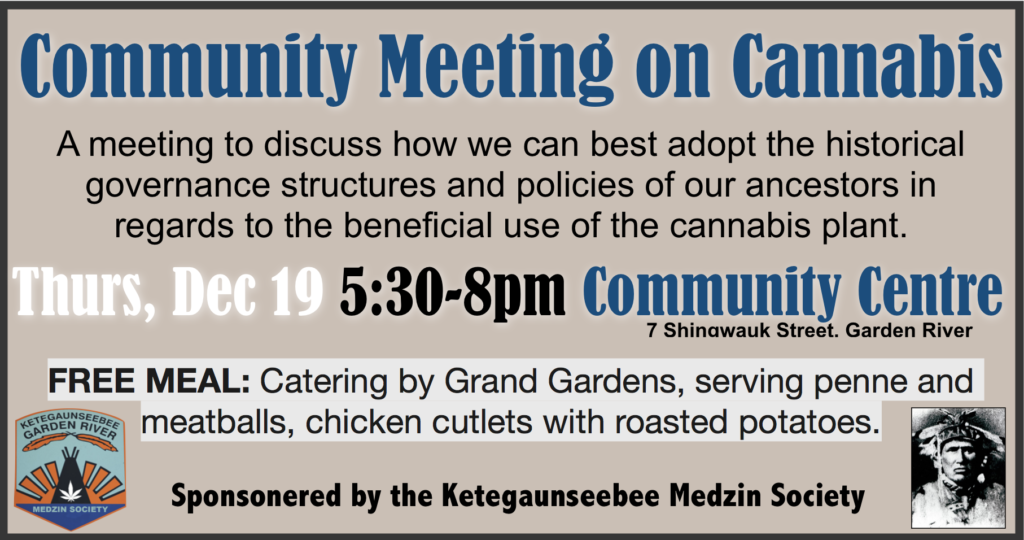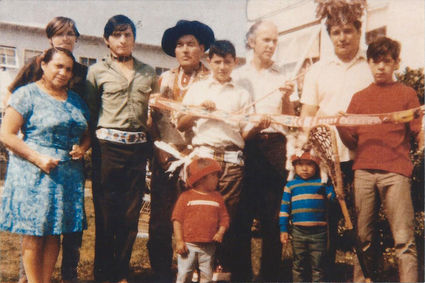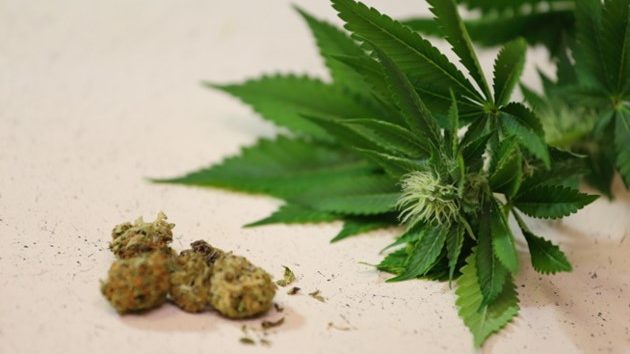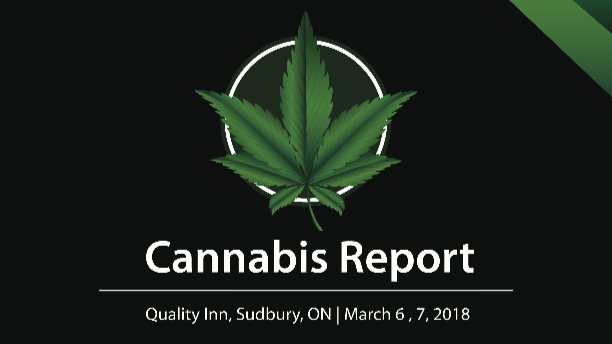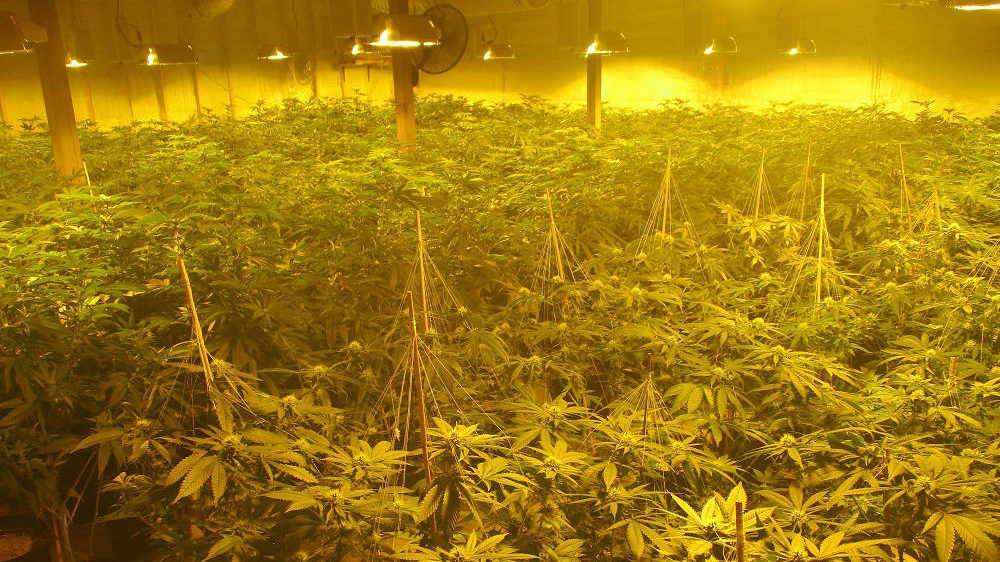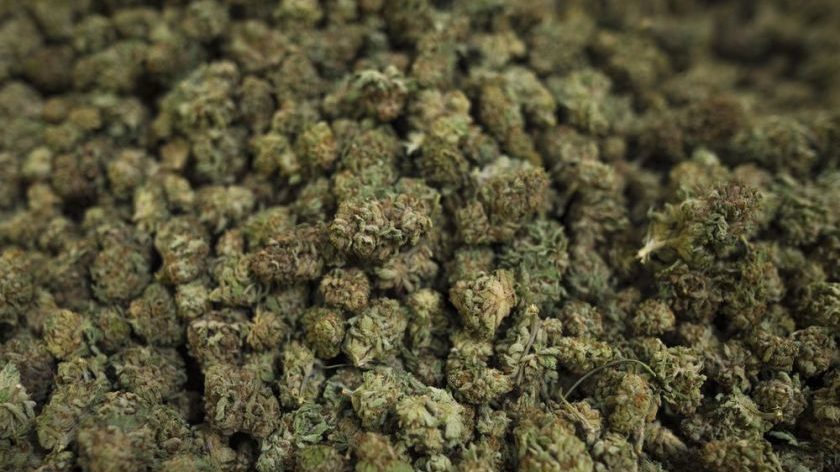The Witset First Nation is exercising their right to determine their own cannabis laws. From hightimes.com original article by Addisson Herron-Wheeler June 3 2020 A new dispensary is set to open in Witset, a First Nation located near British Columbia, and those running it plan to operate under the guidance of Witset…
Posts published in “Legal analysis”
First Nation cannabis producers and retailers may find themselves on much surer footing as cannabis trading on traditional lands gains a strong defence through sections 25 and 35 of the ‘Constitution Act, 1982,’ according to the man who literally wrote those sections in the constitution.
Riley, with a lifetime of leadership at every level of Indigenous politics – local, regional, national and international – is now turning his mind to the issue of cannabis, and believes that Sections 25 and 35 of the Constitution Act can be used to protect the Indigenous right to use cannabis as a medicine and means of economic sustenance.
Over 60 people gathered on Thursday, December 19th, 2019 to hear Del Riley, a former leader of the National Indian Brotherhood, and co-author of Section 25 and 35 of the Canadian Constitution, speak about the Indigenous right to run cannabis dispensaries on their own lands. The evening’s event came in the context of a recent raid on an indigenous cannabis dispensary in the territory, and a 50 person strong rally outside of Band Council offices.
The Ketegaunseebee Medzin Society is sponsoring a community meeting and feast on Thursday December 19th from 5:30pm-8pm. The meeting is being held “to discuss how we can best adopt the historical governance structures and policies of our ancestors in regards to the beneficial use of the cannabis plant.” The event…
The art of denying Indians their human rights has been refined to a science. The following list of commonly used techniques will be helpful in " burglar- proofing" your reserves, and your rights.
Flandreau Santee Sioux Tribe lawyer to talk cannabis, tax disputes at Indigenous Law Conference
This the full PDF document of the Anishinabek Nation 2018 Cannabis Report
Exactly how the provisions of the federal Cannabis Act, which came into force on 17 October 2018, will apply to Indigenous communities has not been addressed in the legislation.
, lawyers Drew Lafond and Sonia Eggerman will present at the Assembly of First Nations National First Nations (AFN) Cannabis Summit in Vancouver, BC discussing First Nations’ jurisdiction over cannabis.

